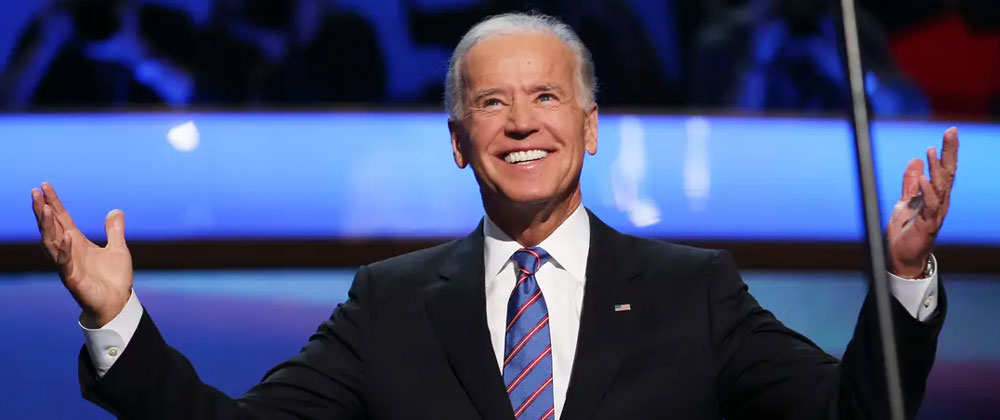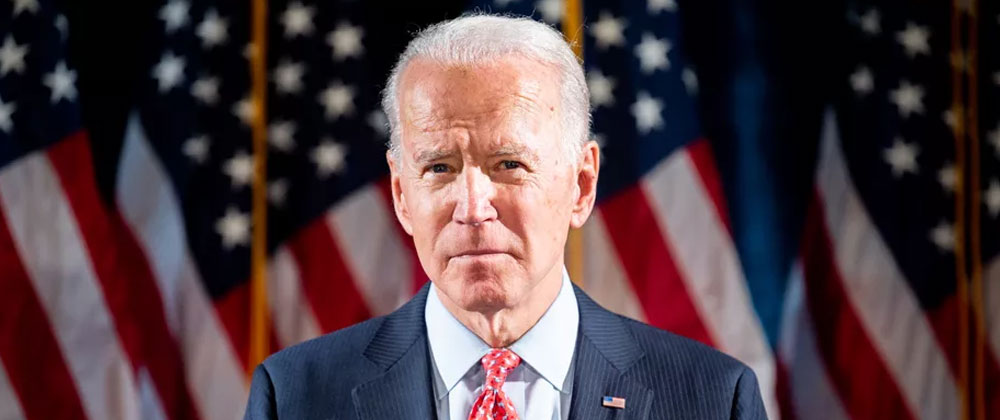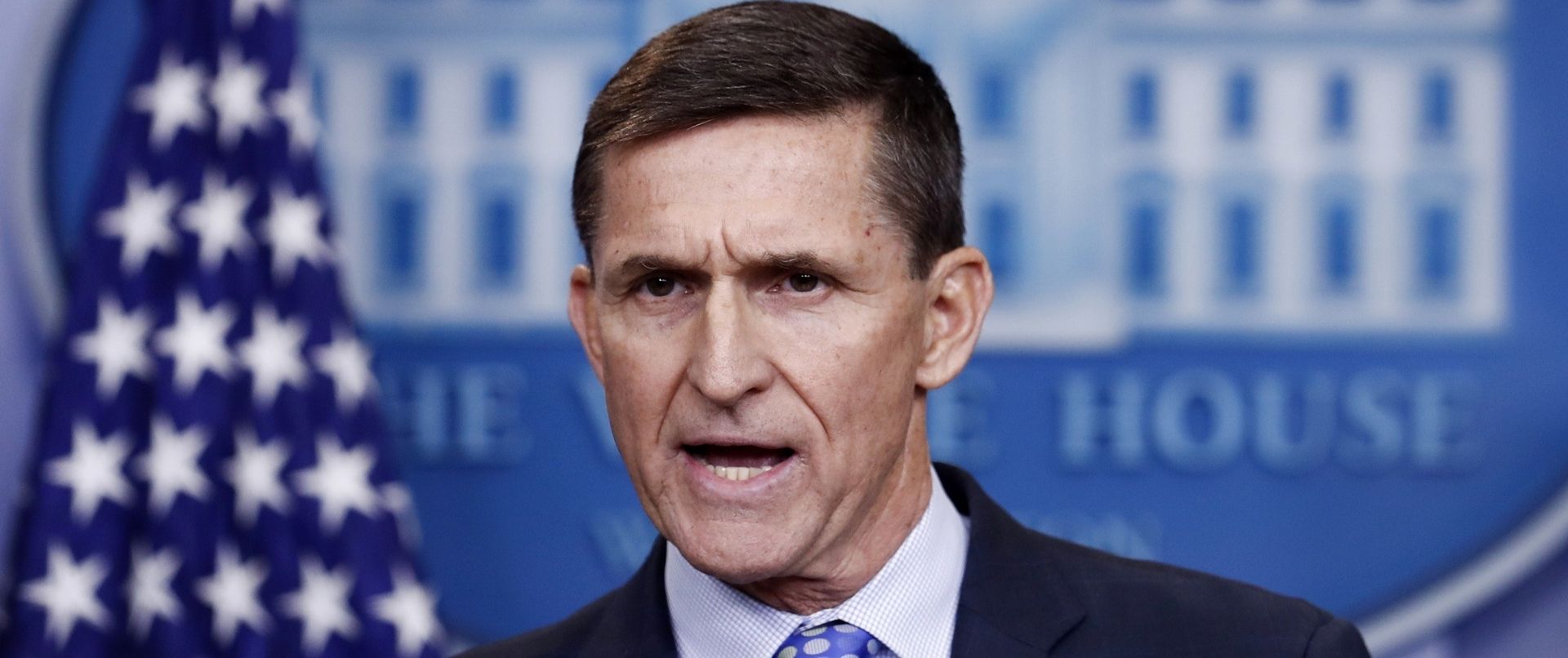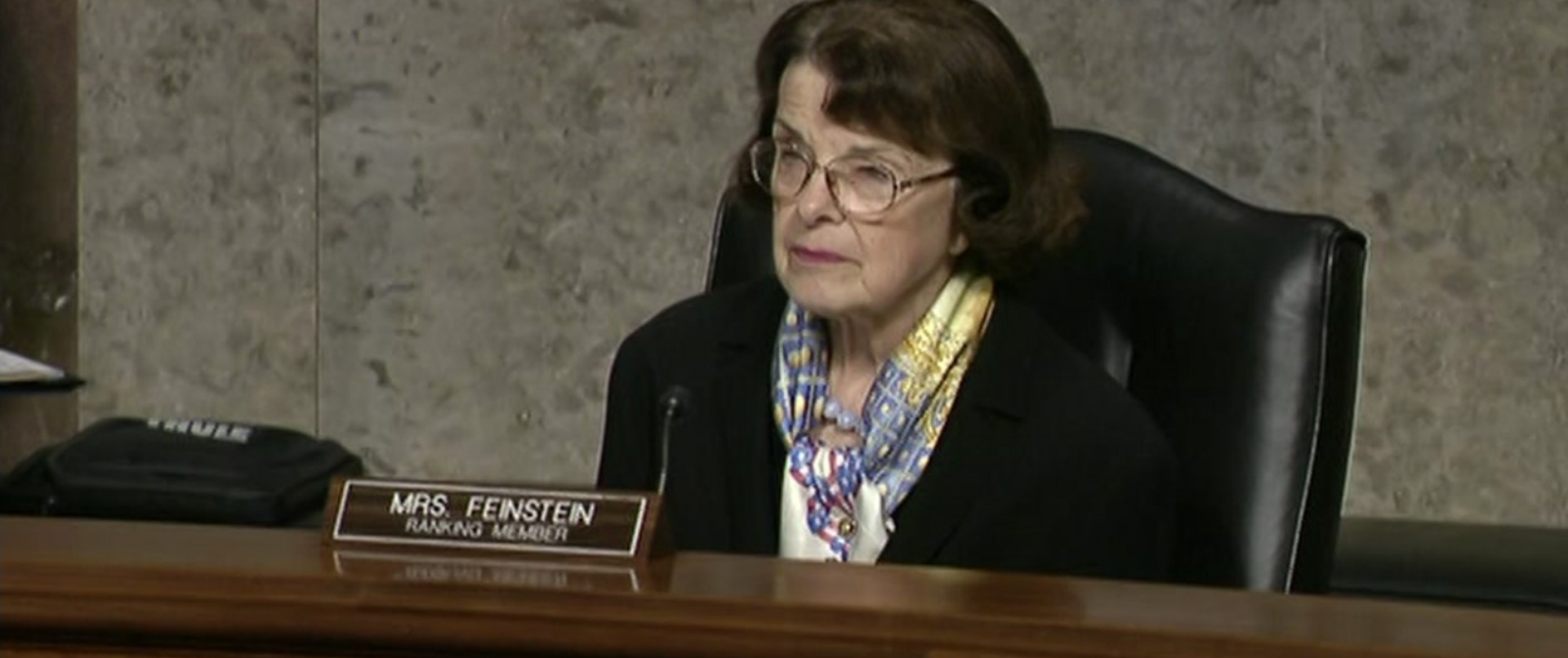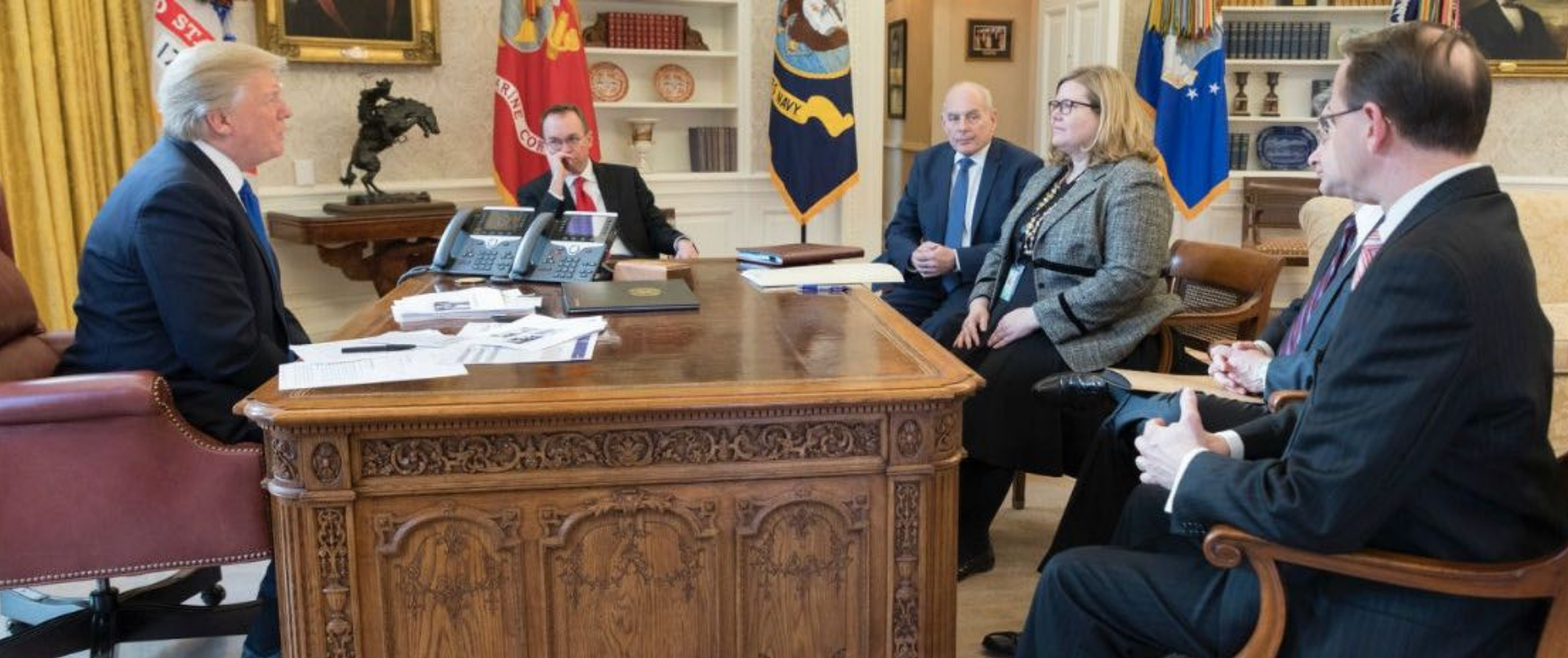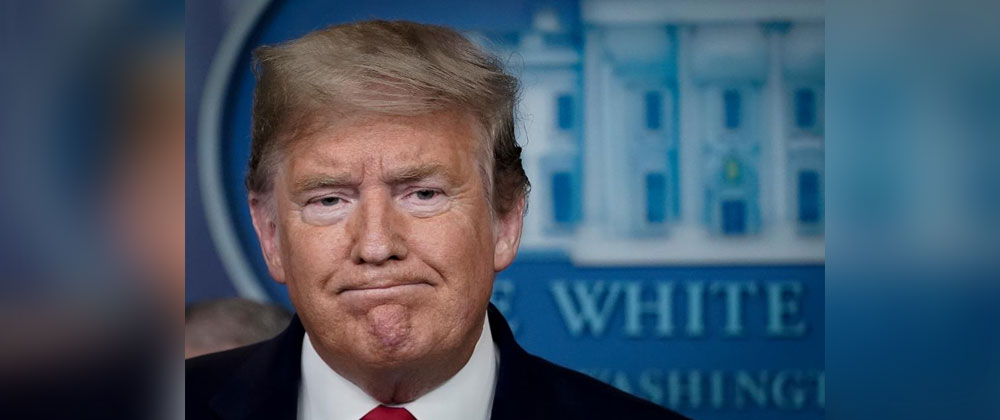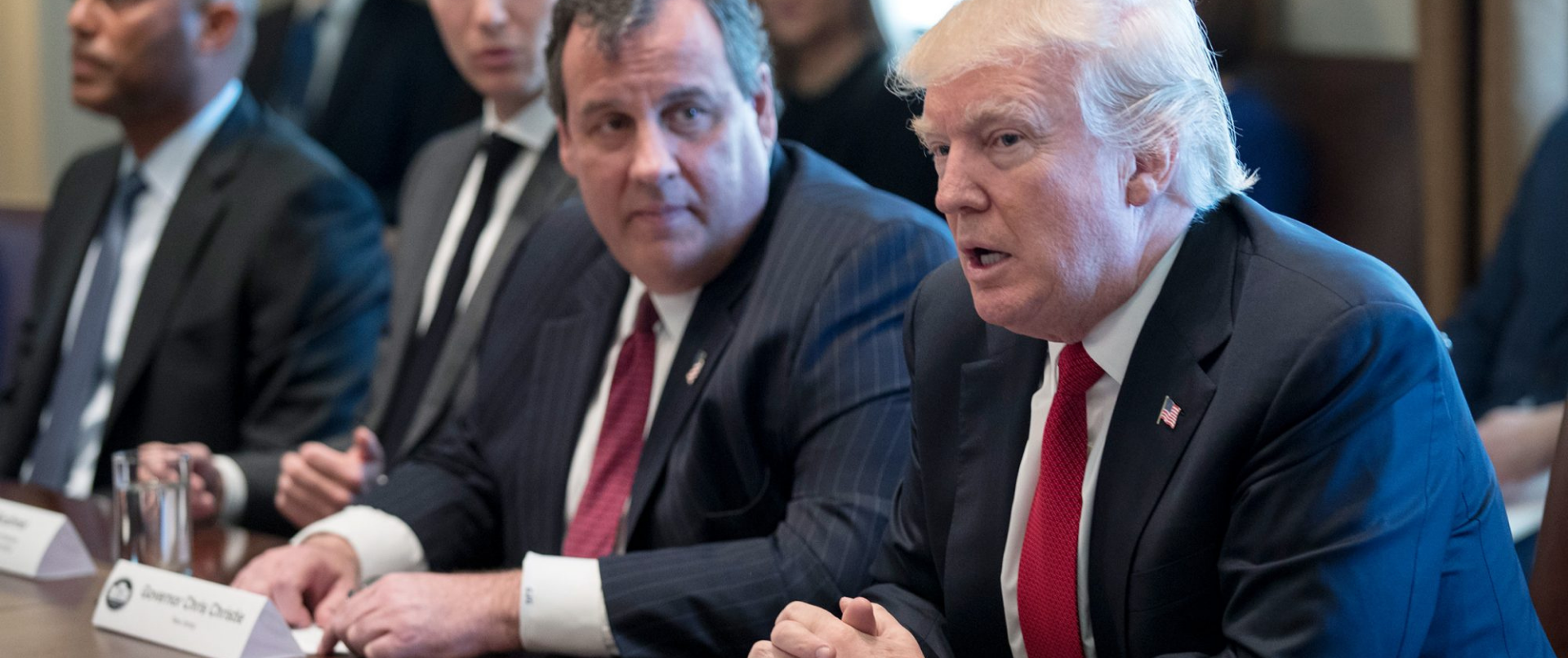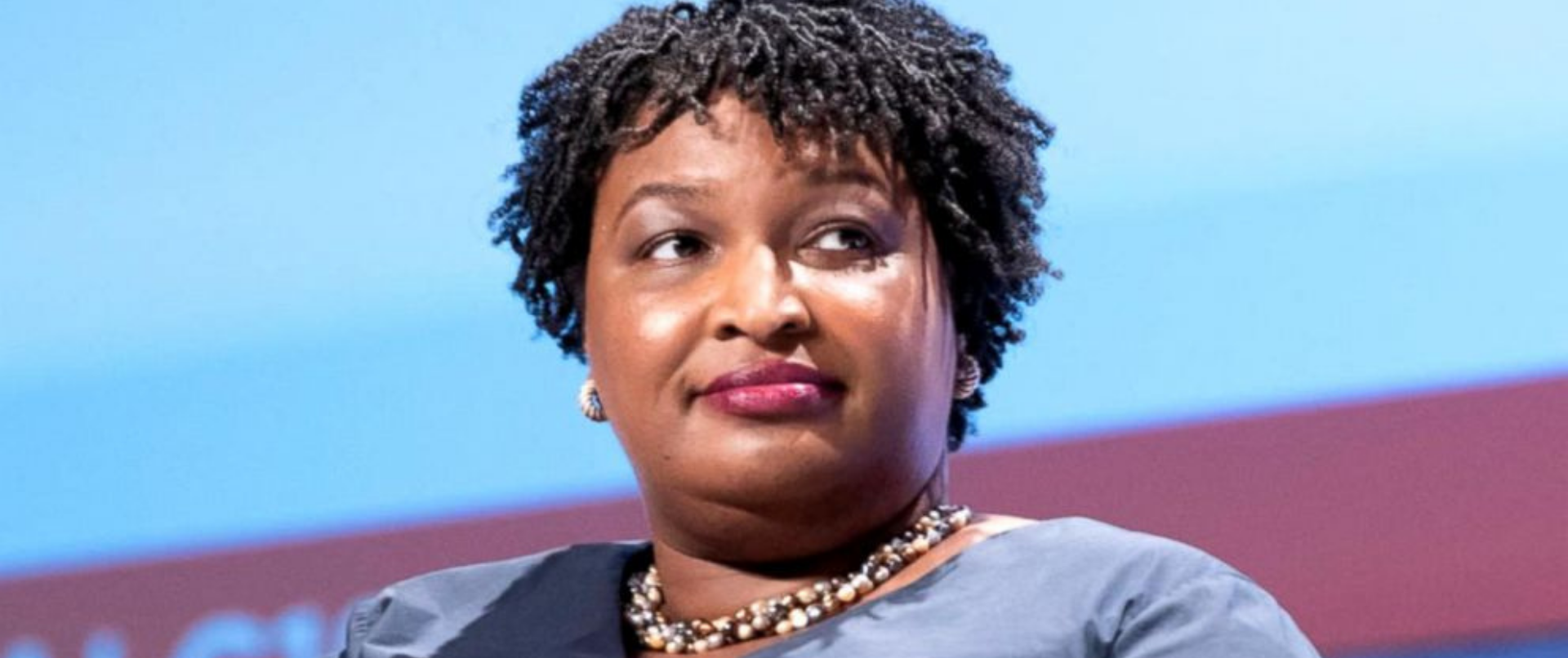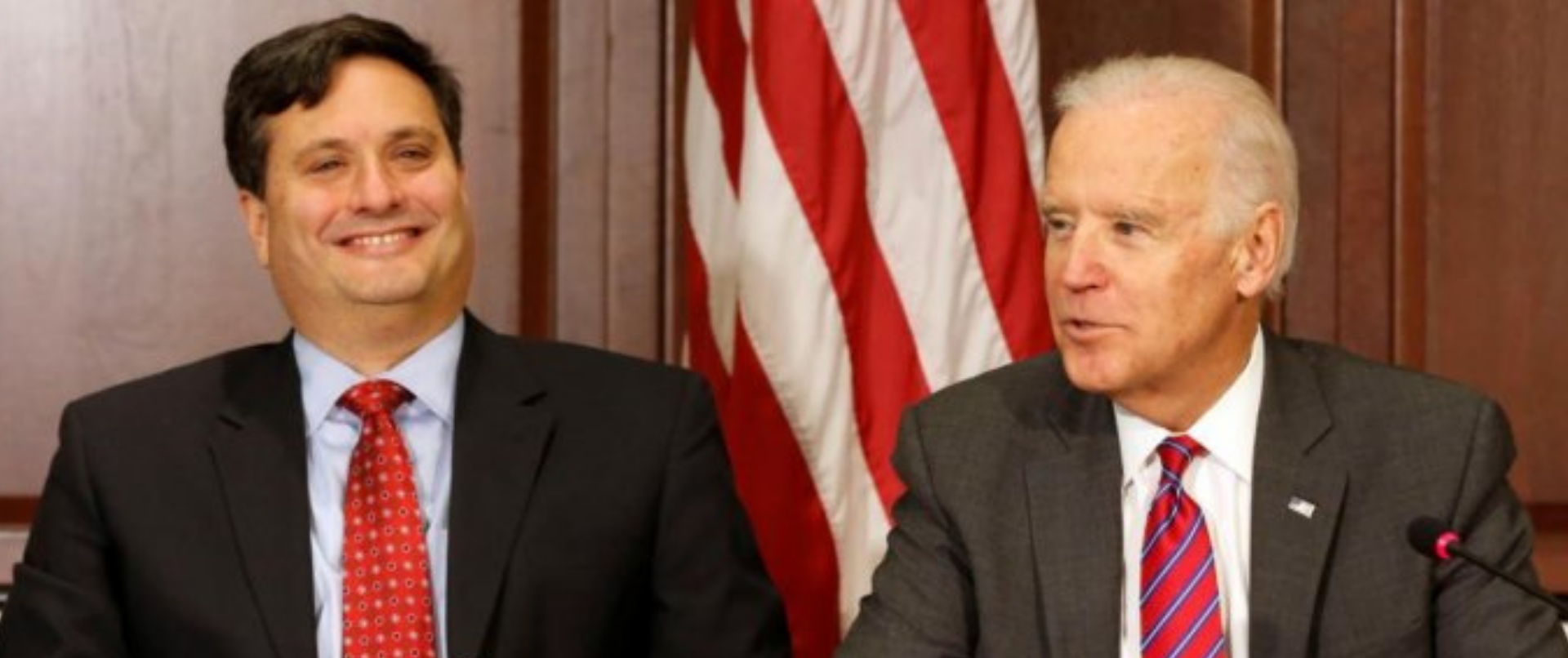A Tale Of Two Town Halls: Competing For America’s Time On Competing Airwaves
On Thursday night, President Trump and his opponent Joe Biden competed for voters’ attention with competing town halls that were dramatically contrasting in tone.
The events, on NBC and ABC respectively, were controversial to begin with because they occurred after the cancellation of a debate originally scheduled for the same evening.
Trump had refused to submit to a request from the Commission on Presidential Debates that the clash should take place virtually. He wanted to debate in person, a request declined by the commission and the Biden camp. The two men will now meet for their final debate in Nashville on October 22.
Trump on Thursday had a number of combative moments sure to draw headlines. Biden, ahead in the polls, simply sought to stay the course.
Here are the main takeaways from the dueling TV town halls.
President Trump Failed To Denounce The QAnon Conspiracy-
The most headline-grabbing news out of either event was Trump’s meandering response on QAnon, the online movement centered around a baseless but sprawling conspiracy theory.
Trump gave qualified praise for adherents of the theory, saying that they were at least “strongly against pedophilia.”
The QAnon theory is so convoluted as to defy easy summary but in essence it holds that a Satanic group that includes high-profile Democrats is involved in a pedophile ring, and that Trump will ultimately bring them down.
When Savannah Guthrie pressed Trump about it in those terms, he said: “I know nothing about QAnon. I know very little.You told me, but what you tell me doesn’t necessarily make it a fact.”
Trump later reiterated, “I just don’t know about QAnon.”
“You do know!” Guthrie interjected.
“I don’t know,” Trump insisted.
The QAnon exchange will provide cable news fodder on Friday, and raise new questions about Trump’s tendency to fan the flames around fringe beliefs and movements.
Ironically, his comments about QAnon came right after he sought to put another controversy to bed, when he unambiguously denounced white supremacists.
Biden was vague on court packing-
For weeks now, Biden has refused to give a straight answer on whether he’d be open to adding justices to the Supreme Court if Republicans confirm Trump’s nominee Amy Coney Barrett.
Biden was evasive once again on Thursday night with George Stephanopoulos, who pushed the nominee to “level” with the voters before Election Day.
Biden reiterated that he’s not a fan of “court packing.” But he left the door open, saying his final decision would depend on how quickly Republicans push to confirm Barrett.
The Democratic nominee also committed to providing a clearer answer before Election Day, although he appeared to leave himself some wiggle room to get out of it.
“[Voters] do have a right to know where I stand and they have a right to know before they vote,” Biden said.
“So you’ll come out with a clear answer before Election Day?” Stephanopoulos responded.
“Yes,” Biden said. “Depending on how they handle this.”
Biden’s refusal to answer the yes-or-no question has dogged him on the campaign trail as Republicans warn he’ll give in to the progressive left’s demands to add justices to the high court.
It’s a sticky spot for Biden, who risks alienating the activist base if he says he does not support court packing. But Biden is clearly worried that committing to expanding the court will turn off centrist swing voters.
Biden’s refusal to answer has so far not hurt him in the polls, although he risks appearing slippery in exchanges like the one he had with Stephanopoulos on Thursday night.
The moderator reminded Biden that he’s always said it’s important to be up front with voters about where he stands.
Biden defends his actions and comments on crime as well as race-
Two of the trickiest moments for Biden came when he was pressed on his remarks about his support from Black people and his support for a crime bill that led to the disproportionate incarceration of people of color.
One young Black man told Biden that many people like himself are considering not voting. He reminded Biden of his remarks that “you ain’t Black” if you don’t vote for Biden.
The Democratic nominee did not address his controversial remarks, which were made during an interview with Charlamagne Tha God. Biden has apologized for those remarks in the past. Rather, the former vice president successfully pivoted to the range of policies he’d promote that would lift people of color, including increased funding for Historically Black Colleges and making it easier for Black people to get loans for homes and businesses.
Biden’s response about his support for the 1994 crime bill was far more muddled.
The Democratic nominee appeared to say that it was a mistake to support that bill, although he deflected blame for what he described as the elements of the law that contributed to mass incarceration of people of color.
A campaign staffer later went on Twitter to say that Biden was not expressing regret for the 1994 crime bill, but was instead disavowing a 1986 crime bill that included mandatory minimum sentences for drug offenses.
President Trump mishandled COVID-19, again-
The president gets poor marks from the public on his handling of the coronavirus pandemic, and he did not help himself at his town hall.
Part of the problem is Trump’s tangled and unclear position on mask-wearing. At times, he suggested wearing a mask was ineffective. He claimed, falsely, that 85 percent of people who wear masks end up getting COVID-19. Yet, he also contended he was “good with masks.”
To most people’s ears, it was unclear what exactly the president thinks on the topic.
As for his own experience being infected with COVID-19, Trump said that he had no remaining symptoms.
He also professed not to remember whether he had been tested on the day of the first presidential debate.
And he said that his lungs had been “perhaps infected.”
When Guthrie asked what the infection was, Trump responded, “I don’t know.”
There was no single disastrous sound bite on COVID-19, but Trump’s responses were far from sure-footed.
Biden’s avoided any gaffes-
While Trump’s town hall drew incendiary headlines about the coronavirus and QAnon, Biden’s event was a relatively staid and traditional 90-minute affair that is likely to be overshadowed by the president’s new controversies.
Biden’s answers were not always crisp or clear. But he coasted through without any memorable missteps that would have the potential to upend the political landscape just a few weeks out from Election Day.
Stephanopoulos tried at times to challenge Biden or get him to further explain his positions. But there weren’t any fireworks or gaffes for cable networks to loop on end.
That’s a win for Biden, who leads in the polls with only one debate to go before November 3rd.
Savannah Guthrie exceeded expectations-
Savannah Guthrie looked to be in a no-win position at the outset of the Trump town hall.
NBC News’s decision to host the event in the first place was controversial — including with MSNBC anchors and staff — while Trump and his MAGA supporters were poised for any element that they could allege to be biased.
Guthrie, a one-time lawyer, had a very strong night. She held Trump to account on a number of issues, including claims about COVID-19 and Trump’s taxes, yet never stepped over the line into partisanship.
Debate moderators this election season have had a tough time. Fox News Channel’s Chris Wallace and USA Today’s Susan Page both incurred considerable criticism for their performances in the first presidential debate and sole vice-presidential clash, respectively.
C-SPAN’s Steve Scully, who would have moderated the second debate, was suspended by his network Thursday for falsely claiming a controversial tweet he had sent was the result of hacking.
Guthrie may not have got a full debate, but she was the first broadcaster of the bunch to emerge with her reputation enhanced rather than diminished.



